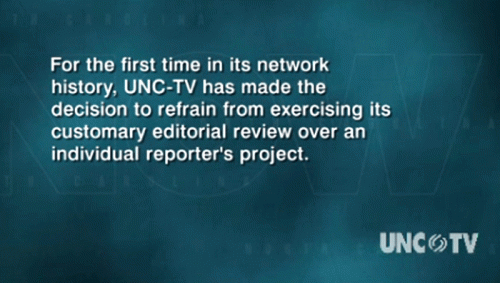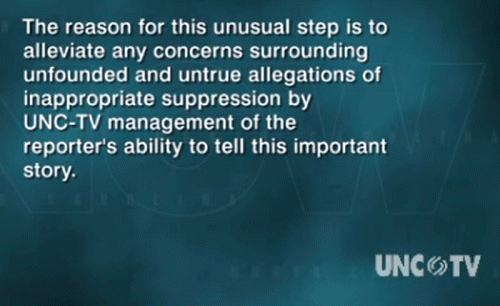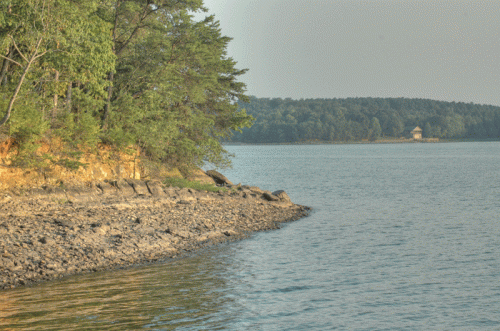
“As usual, competition lifts the whole game.’’
Rick Daniels, chief executive of GateHouse Media New England, talking about AOL Patch at Boston.com
Or maybe not.
Polly Kreisman, founder of The Loop in Westchester County, N.Y., has written a post over at Lost Remote about how AOL’s Patches are popping up in her territory. And she, as an embedded resident and journalist, is fighting back with her own site against all competitors.
AOL Patch is launching local news sites across the country, and it appears to be aiming at the same territory sought after by legacy media and other companies seeking local advertising dollars: well-off towns and suburbs. Those areas are filled with what Carll Tucker, the founder of Main Street Connect, calls “Main Street moms.”
Those moms are the economic engine of retail, Tucker says, and they draw advertising that supports media. If you’ve had children or have them now, you know it’s true: No matter your best intentions, you accumulate and consume lots of stuff. Retailers and their ads love you.
I’ve seen this kind of hyper-competition for ads in the past, and in some markets, it continues in print to this day. I worked at a newspaper when large news companies tried to knock out suburban competitors by pouring in tons of resources to local news (and I still work in niche local news at a newspaper now.)
We swapped ‘til we dropped, adding lots of weight in our news judgment to local datelines. The editor and the publisher delivered newspapers personally. The local papers responded by accusing us of being out-of-town carpetbaggers.
So we have been through local advertising battles before, and the local news competition fueled by it. I’m hoping that we’ve learned enough, this time, not to waste precious resources.
I was lucky to meet Polly in person at the Knight Digital Media Center’s news entrepreneur boot camp in May, and I wouldn’t want to tangle with her in a business fight. She has the commitment and courage to fight for her local news site, The Loop.
But I wish it wasn’t a fight.
Journalists have long sought work in towns with news competition, because resources pour in. And competition makes us all better at our craft. Many journalists pour their souls and lives into the battle, working 70-hour weeks for little pay, without the time to lift their heads and find a better, sustainable way.
But I worry about the journalists long term, and about the many different kinds of businesses and organizations fighting over one small piece of the market: the Main Street mom, leaving many in society without adequate news sources while news organizations bleed money into certain ZIP codes.
I wish news organizations of all kinds could find ways to spread resources and not be dependent solely on advertising, so that people in markets that are less attractive to advertisers could get the information they need.
And I wish the journalists in those markets could lift their heads and see the long view and perhaps find ways to make sustainable commitments to local news.
People like Polly don’t just face competition for local ad dollars from Patch and Main Street Media.
Competitors include sites run by visitors bureaus that sell ads and are financed by government taxes paid on hotel rooms.
Competitors include sites that offer shopping deals, unbundled from news or information beyond press releases.
Competition comes from new niche experiments or recommitments from national legacy media companies (raises hand).
Competition comes from local television websites, using people far away to take phones calls placing ads from local businesses, meanwhile cranking out stories based on datelines, swapping ‘til they drop.
The pie, based on local advertising dollars just isn’t big enough. So the competition becomes a fight unto death. And I suspect tons of local advertisers still aren’t being served well.
That other customer, the reader?
If they live in a ZIP code sought after by a retailer, they might have some options for local news. If they live elsewhere, though, they might be stuck in a local news desert.
We have to find better ways to work together and to finance news and information. I think it’s way too early to vilify Patch, or Main Street Media, or the other big competitors. They’re putting journalists to work, and maybe they’ll find business models and serve readers and advertisers well.
And maybe, just maybe, we can think long term, to find sustainable ways to deliver local news to everyone.
Background:
Hard times working the Patch
The Jersey Tomato Press on Patch
Leaders of AOL Patch and Main Street Connect talk at MediaShift
Photo credit: tj.blackwell, licensed through Creative Commons








